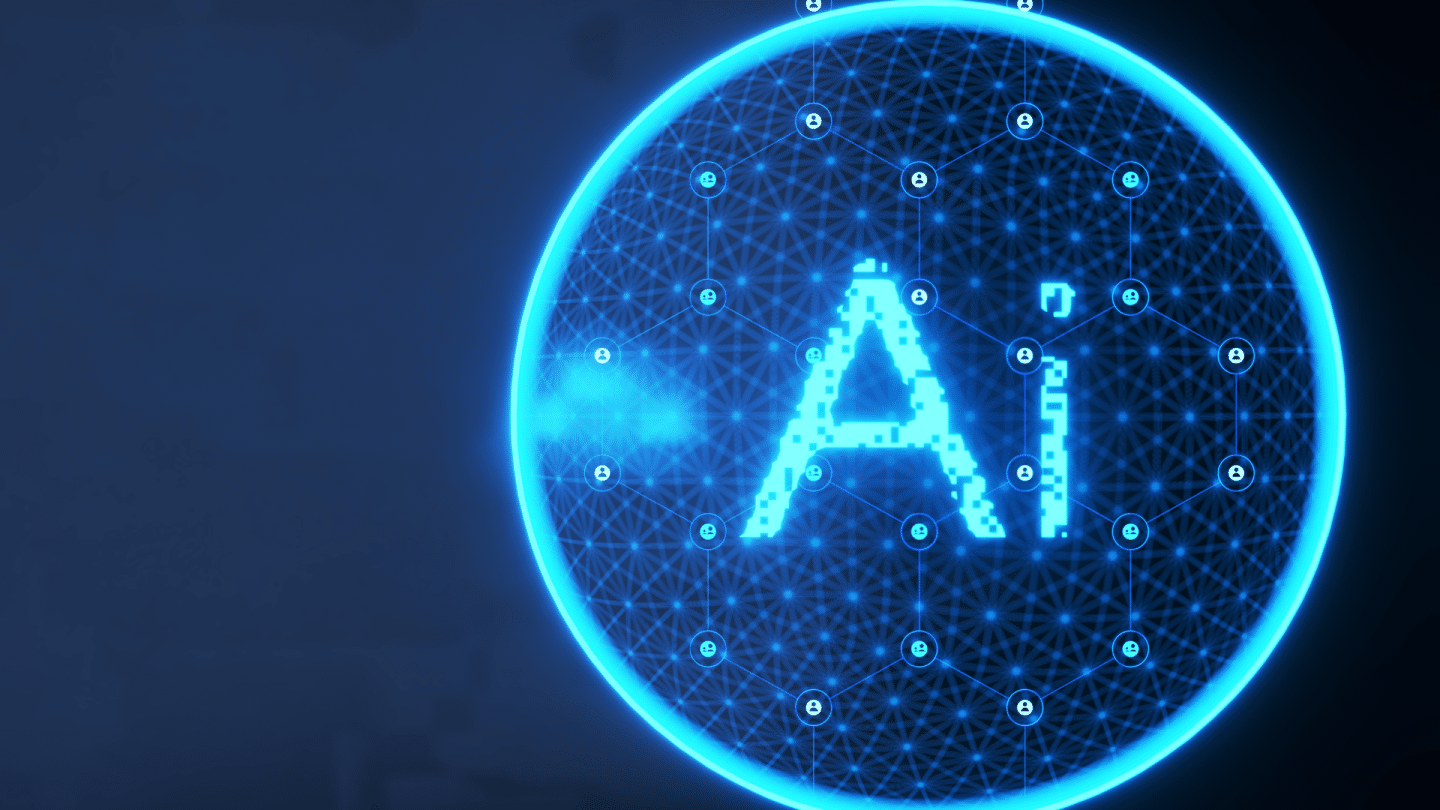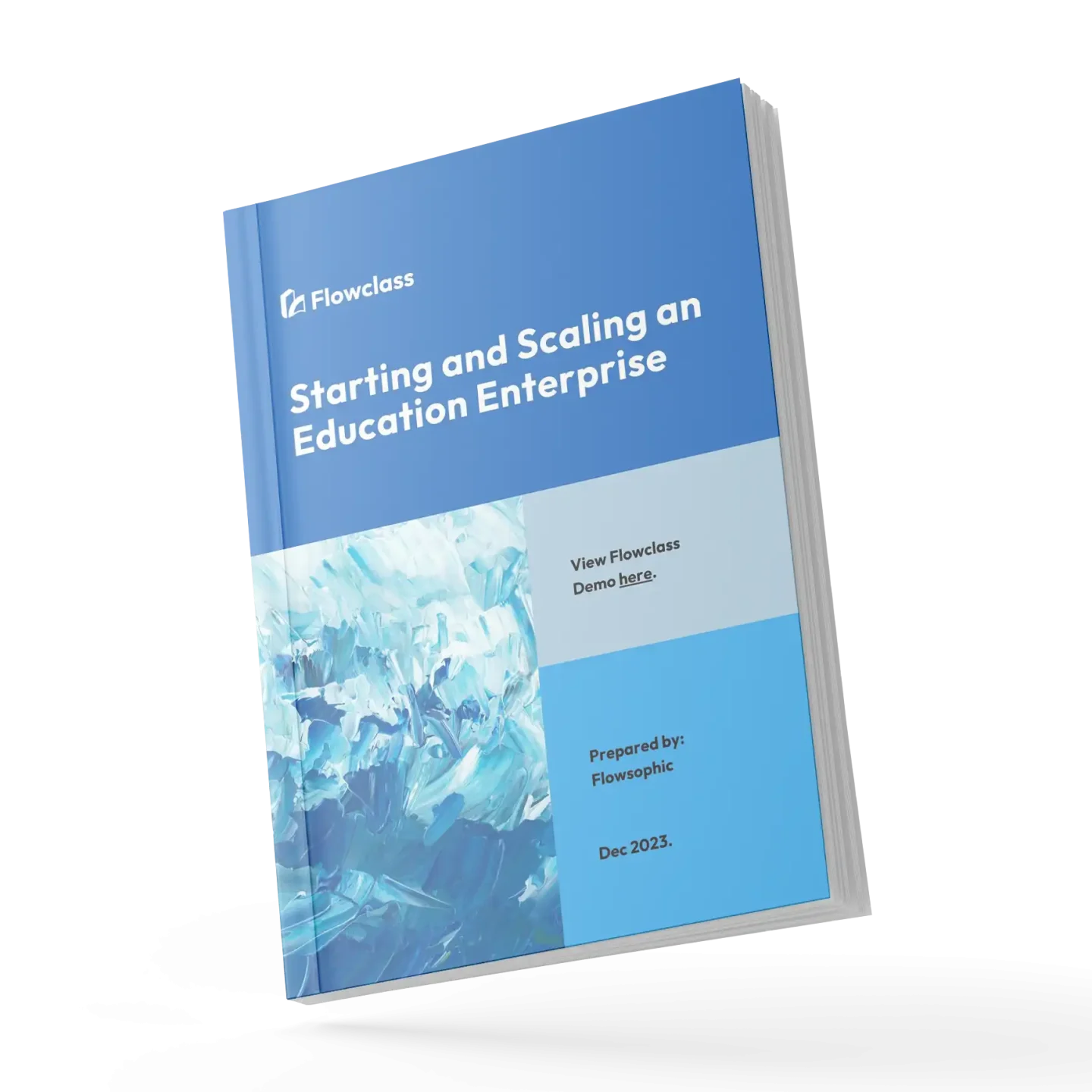In today’s fast-paced educational landscape, students expect efficiency and convenience when enrolling in courses. Course Scheduling Systems powered by AI are revolutionizing how institutions manage timetables, reducing conflicts, optimizing schedules, and improving the overall student experience. By leveraging AI-driven automation, schools, universities, and learning centers can provide seamless course scheduling that meets both institutional and student needs.

The Importance of Course Scheduling Systems
Traditional scheduling methods rely on manual processes that are time-consuming and prone to errors. With multiple course offerings, faculty availability, and classroom constraints, managing schedules manually often leads to conflicts and inefficiencies. Course Scheduling Systems powered by AI eliminate these challenges by automating the entire scheduling process, ensuring that students have better access to their desired courses without clashes or last-minute changes.
How AI Enhances Course Scheduling Systems
AI-driven Course Scheduling Systems use machine learning algorithms and data analytics to optimize scheduling decisions. Here’s how AI enhances these systems:
1. Automated Conflict Resolution
One of the biggest challenges in course scheduling is avoiding timetable conflicts. AI-powered Course Scheduling Systems analyze course requirements, faculty availability, and student preferences to create schedules that minimize conflicts. This ensures that students can enroll in required courses without worrying about overlapping classes.
2. Personalized Course Recommendations
AI can analyze a student’s academic history, performance, and interests to suggest the most relevant courses. This level of personalization helps students make informed decisions, improving their learning journey and overall satisfaction with their educational institution.
3. Adaptive Scheduling for Student Needs
AI-powered Course Scheduling Systems adjust schedules dynamically based on student demand, instructor availability, and real-time data. If a particular class is in high demand, the system can allocate additional sessions or suggest alternative slots to accommodate more students.
4. Efficient Classroom Utilization
By optimizing room assignments, AI ensures that classrooms are utilized efficiently. The system considers factors such as class size, equipment requirements, and accessibility to assign the best possible rooms, reducing space wastage and logistical issues.
5. Seamless Integration with Learning Management Systems (LMS)
Modern Course Scheduling Systems integrate seamlessly with LMS platforms, enabling students to access their schedules, assignments, and course materials in one place. This integration simplifies academic planning and enhances the overall learning experience.

Benefits of AI Course Scheduling Systems for Students
AI-driven Course Scheduling Systems provide numerous benefits that enhance the student experience, including:
1. Reduced Stress and Scheduling Conflicts
With AI handling the scheduling process, students no longer need to worry about last-minute changes, double bookings, or unavailable courses. A well-organized timetable ensures a smoother academic experience.
2. Increased Flexibility
Students have the flexibility to choose courses that fit their preferred learning style and availability. AI-powered scheduling systems accommodate different time zones, online learning options, and part-time study schedules.
3. Faster Enrollment Process
Automated scheduling reduces administrative bottlenecks, allowing students to enroll in courses quickly and efficiently. This eliminates long wait times and manual adjustments by administrators.
4. Improved Academic Performance
By providing personalized course recommendations and avoiding scheduling conflicts, AI helps students stay on track with their academic goals. They can focus more on learning and less on logistical challenges.
5. Better Work-Life Balance
A well-structured course schedule helps students manage their studies alongside work, extracurricular activities, and personal commitments. This balance contributes to a more positive and productive learning environment.

Why you Should Adopt AI Course Scheduling Systems
Schools, universities, and online learning platforms can significantly benefit from adopting AI-powered Course Scheduling Systems. Here’s why:
1. Increased Operational Efficiency
AI reduces the workload of administrators and faculty by automating scheduling tasks. This leads to improved efficiency and better resource management.
2. Higher Student Satisfaction
Institutions that provide a smooth scheduling experience are more likely to retain students and attract new enrollments. AI-driven course scheduling improves the overall perception of the institution.
3. Data-Driven Decision Making
AI collects and analyzes vast amounts of data to provide insights into enrollment trends, course demand, and resource allocation. You can use this data to refine their academic offerings and optimize scheduling processes.
4. Cost Savings
Automating course scheduling reduces the need for manual intervention, minimizes scheduling errors, and optimizes classroom usage—all of which contribute to cost savings for you.
The Future of AI in Course Scheduling
As AI technology continues to evolve, Course Scheduling Systems will become even more sophisticated. Future advancements may include:
- Enhanced predictive analytics to anticipate enrollment trends
- Voice and chatbot integrations for real-time scheduling assistance
- AI-powered adaptive learning paths tailored to individual student needs
Institutions that invest in AI-driven Course Scheduling Systems will stay ahead in the competitive education industry, providing students with an enhanced learning experience while streamlining administrative operations.
Real-World Examples of AI Course Scheduling Systems
To better understand the impact of AI in course scheduling, let’s look at a few institutions and companies that have successfully implemented AI-driven scheduling solutions:
- Stanford University – AI-Driven Timetable Optimization
Stanford University has integrated AI-powered scheduling tools to streamline course planning and avoid timetable conflicts. Their system uses predictive analytics to assess enrollment trends, ensuring that high-demand courses have enough sections and that students can register without scheduling conflicts. This has led to a 25% reduction in administrative workload related to scheduling adjustments. - Arizona State University – Personalized Learning Schedules
Arizona State University (ASU) employs AI to provide adaptive learning pathways for students. Their AI-driven system tailors course schedules based on academic progress, learning preferences, and availability. This approach has increased student retention rates by optimizing schedules that align with students’ personal and academic commitments. - Coursera – AI in Online Learning
Coursera, a leading online learning platform, utilizes AI-powered scheduling to recommend courses based on a learner’s past behavior and interests. By analyzing course completion patterns and user preferences, the system ensures that students enroll in relevant courses at optimal times, boosting course completion rates by 30%.
These real-world examples highlight how AI-powered Course Scheduling Systems are revolutionizing education. Whether in traditional universities or online learning platforms, AI enhances scheduling efficiency, reduces administrative workload, and improves student satisfaction.
Conclusion
AI-powered Course Scheduling Systems are transforming how you manage course timetables. By leveraging AI’s capabilities, you can provide personalized, conflict-free, and efficient schedules that enhance the student experience. As technology continues to advance, adopting AI-driven solutions will be key to improving academic operations and student satisfaction.
To explore how Flowclass can help your institution implement an AI-powered Course Scheduling System, join Flowclass today.


